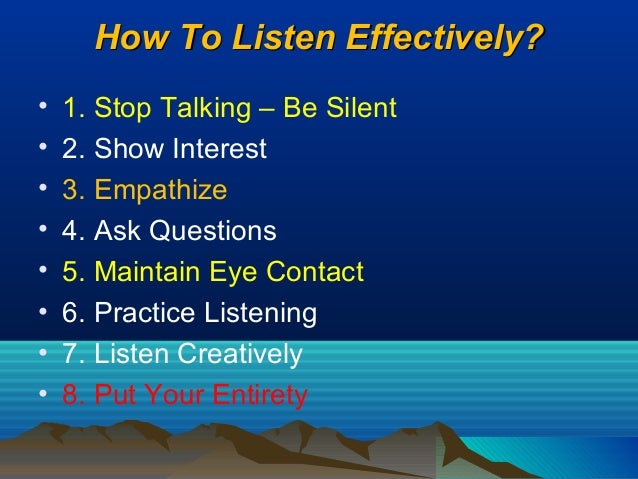Professional Counseling programs have been present in Korea for many years. Counselors are in all areas of society. Because of the rapid social changes in South Korea: high suicide rate, divorce, age gap problems, educational system, unemployment, etc. counseling services have spread and diversified within society.
Consequently, the training for professional counselors has increased as also associations that are involved in the discussion on the practice and training of counseling professionals, one of the fastest-growing fields in Korea. This is also seen in the training of pastoral workers and especially clerics who want more than the training they received in the seminary.
A priest writes in a bulletin about his experience in training in counseling and his felt need for knowledge in this field.
He had some big dreams for his sabbatical year but had to return home due to corona19. He returned to live with a senior priest, living in a small attic room, and decided to continue studying counseling, from which he took a leave of absence for the sabbatical year.
The housekeeper only comes twice a week. He had to do everyday things that he thought weren't his job for the past 50 years— washing, cleaning, cooking and washing dishes, and even maintaining the refrigerator. The pastor told him: "The daily routine of eating, washing dishes, and cleaning is holy."
The pastor suggested counseling—intern training along with graduate school classes; he didn't know what to expect and accepted it. After registering for the internship, the pastor gave him a terrifying warning: "Now you will be in the race of death." It really was a race of death.
At the end of the second semester, the pastor asked: "What do you think you learned?" "When the consultation was over, recorded, and written, there were many times that I wanted to sew my mouth shut," he answered. He didn't realize how much he talked about himself without listening to others. And coming across as a self-important braggart. The pastor told him: I have been studying for the last 8 years, and have been able to fix little. But knowing that we're not listening to others is an important lesson."
In counseling 'listening with empathy' is important. The writer learned that listening is the most important thing in pastoral ministry with believers. In fact, his sabbatical once in his life became of great significance to him. Isn't listening also the most important factor that separates the bishop and priest?
Usually, bishops think they know everything, and when priests share their concerns or opinions, they only try to judge, direct and teach them. After experiencing this a few times, the priest seems to give up speaking in front of the bishop. It's not just himself, the bishop has little experience in listening sincerely. The bishop seems to want the priest to follow and obey rather than to listen. It will be difficult for us to create a warm church atmosphere with this way of relating, in which the bishop and the priest run endlessly along parallel paths.
When looking at the conflict that society is experiencing recently, usually it is only one's own story without listening to other people's stories. This is also due to asserting only stories related to the interests and capabilities of their own group and unconditionally opposed to others. Doing what his own group did. Our society is now uneasy about what to integrate and create for the future.
This year, he was appointed as a parish priest after the sabbatical year. He wants to continue studying counseling. It is his desire to become more aware of himself and to listen and empathize with the pain of others more so than he has done in the past.
